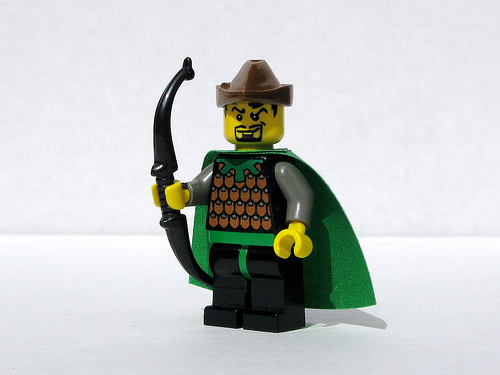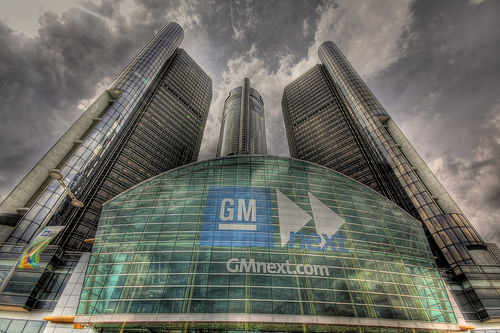There are quite a few films with economic content – some more obvious than others. We have compiled a list of our favourites but a full list is also available. If you have more recommendations, please let us know.
Economic concepts in films
This short set of videos from Mr Gifford uses clips from hit movies to explain economic thinking in an entertaining way.
- Star Wars: scarcity and exchange
- Monty Python and the Holy Grail: marginal analysis
- Monsters Inc.: production possibilities
- Indiana Jones: demand and supply
- Cars: recessions and fiscal policy
- Back to the Future: GDP, unemployment, inflation
- Anchorman: efficiency and externalities
- The Dark Knight: oligopolies and game theory
- Despicable Me: monetary policy
- The Hunger Games: capitalism
Some films about the 2008/9 Crash
- Inside Job (2010) Oscar-winning documentary which puts some economists in the spotlight for their role in the crash. Metacritic rating: 88
- Margin Call (2011) Fiction about 24 hours in a banking institution tries to show the bankers’ perspectives. Metacritic rating: 76
- The Big Short (2015) Lots of big-name stars in a fiction based on some real people and events. Metacritic rating: 81

Photo by Dunechaser on Flickr.
Our film recommendations
Grapes of Wrath – John Steinbeck
Originally a novel by John Steinbeck, Grapes of Wrath was considered highly controversial upon release due to Steinbeck’s political and economic beliefs- especially with regard to the poor. Grapes of Wrath was considered to have a Socialist outlook and was banned. However, the novel is considered to be a modern classic exploring issues such as migration, trade unions and property rights. Also made into a film (John Ford, 1940).
A Beautiful Mind – Sylvia Nasar
Sylvia Nasar is a German economist who wrote A Beautiful Mind, an autobiography of Nobel-Prize-winning economist John Forbes Nash. The book was developed into a film (Ron Howard, 2001) which was successful (despite a lot of controversy concerning its accuracy with regard to Nash’s life). Brushing aside any personal opinion of the film, Nash was an exceptional mathematician and economist, specialising primarily in game theory (hence Nash equilibrium and the Nash embedding theorem). The film shows the story of Nash’s life, his work, research and struggle with schizophrenia.
Robin Hood – Folklore
Most people will know the story of Robin Hood, a medieval folklore tale. Robin Hood and his Merry Men take money from the rich and give it to the poor as well as fighting injustice. The tale explores the morality of stealing for the rich and giving to the poor, allowing the viewer to imagine different economic systems and their impact. Perhaps a little lighter than some in terms of economic content but a nice break. The tale has been reproduced many times, with the BBC creating a recent drama, as well as many films, cartoons and books being available. The comedy film Time Bandits includes Robin Hood and his companions, with the variation that they violently rob the poor people to get their treasures back.
It’s a Wonderful Life – Philip Van Doren Stern
Originally a short story written by Philip Van Doren Stern, It’s a Wonderful Life was turned into a film (Frank Capra, 1946). Its plot follows the story of George Bailey, a man who had many dreams which he had to sacrifice in order to please others. The film tackles issues such as housing discrimination, gender, and education as well as building loans. The film is set at the beginning of the Great Depression.
Dirty Pretty Things – Stephen Frears (2002)
This film (no, not the band) looks into the illegal trading of organs. Two immigrants form a bond and come across the kidney trading market, where a kidney will get you a passport. The film also touches on the sex market, showing the desperation of individuals to enter the UK and the power this knowledge gives different characters.

Photo by Ahren D on Flickr
Roger and Me – Michael Moore (1989)
General Motors, like other multinational firms, try to maximise their profits by outsourcing their labour to cheaper areas. Moore looks at the impact such outsourcing has on communities and individuals. 30,000 people lost their jobs in Flint, Michigan with devastating social and economic consequences on the community. The documentary explores trade-offs and addresses the idea of comparative advantage.